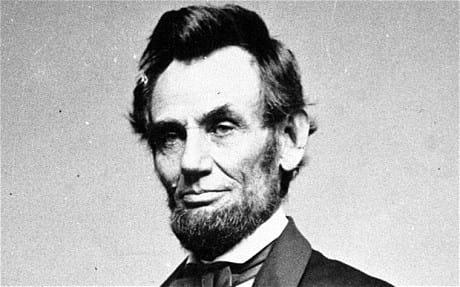The Republic of Chad gained independence from France on this day in 1960, but the independence was short-lived because first President Francois Tombalbaye (pictured) ruled with no consideration for true democracy, banning all political parties and making his rule sovereign, which led to decades of civil war.
SEE ALSO: Effects of Slavery, Colonialism, & Racism Persist
Tombalbaye’s presidency carried over from his post in 1959 as the head of the colonial government under the umbrella of the Chadian Progressive Party (PPT). He effectively ran a dictatorship, stamping out any opposition to his rule and agitating Muslims who lived in the northern region of Chad. Riots began to spring up in the nation, which prompted President Tombalbaye to dissolve the National Assembly in 1963.
President Tombalbaye also began nationalizing the government, replacing French leaders with locals who were reportedly less equipped for such affairs. Taxes were raised to fund this new effort, and these policies made up the recipe that made the civil war erupt in 1965 and rage on until 1979.
President Tombalbaye continued to fall out of favor with the Chadian people, with his nationalization program seemingly pushing the Gorane Muslims, who already weren’t aligned with the Christians in the South, to rebel against the shift of power.
The political party the National Liberation Front of Chad (FROLINAT) was able to resist much of President Tombalbaye’s strict ruling terms, which led the leader to call on its former colonizer for military support. To gain that support, however, President Tombalbaye had to bend to France’s terms to restore certain policies. In the end, it didn’t matter because President Tombalbaye managed to tweak the elections so that only his name remained on the ballot in 1969.
Later, President Tombalbaye instituted “authenticité,” which was part of his nationalization efforts. Chadians were forced to undergo “Yondo” rituals native to the president’s Sara tribe. For many, these rituals were harsh and went against much of the strong Christian and Muslim beliefs that citizens held.
As his rule began to falter, with Chad undergoing a severe drought, President Tombalbaye began ordering cotton production to help with the failing economy and began demoting trusted soldiers in his armed forces.
On April 13, 1975, President Tombalbaye was killed by soldiers who then promoted General Félix Malloum as the state head.
Hissene Habre, successor to President Tombalbaye, rose to power in 1982 in a coup, but he, too, was a dictator who used violence to enforce his rule.
SEE ALSO: Mozambique President Chissano, Rebel Leader Hold Peace Talks on This Day in 1992











